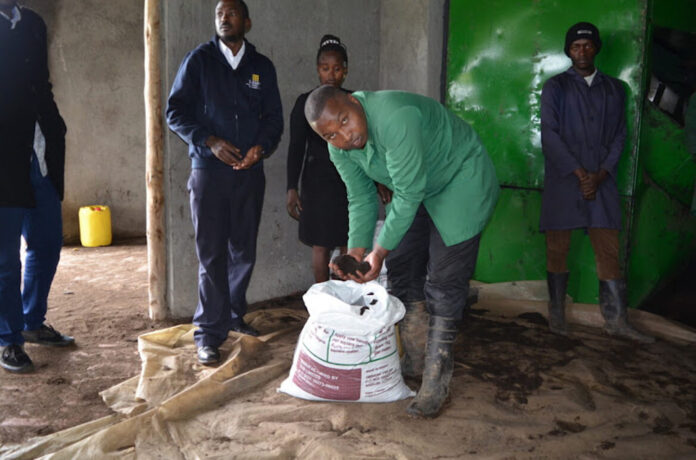Isaac Njihia, a graduate in agribusiness, has now cut the cost of production and increased yield from his farm through smart agriculture that involves the use of lake silt as fertilizer.
Njihia revealed he switched to lake silt after training by the Micro Enterprise Support Trust (MESPT), which gave him ideas about soil fertility, soil rehabilitation methods, and soil conservation methods.
He uses silt from Lake Ol Bolosat in Nyandarua County and has since increased yield by 20 percent. He notes that the soil in the region is acidic and needs a lot of organic matter, and lake silt has helped him solve the problem.
“I encouraged my boss with the idea of using silt from the lake to mix with composting. They grabbed the idea, and we started the project,” Njihia said.
Explainer: How farmers can double yield without the use of synthetic fertilizers
Besides the lake silt, the farmer also uses waste from markets and flower farms to make organic fertilizer.
Some of the crops flourishing on the farm include snow peas, strawberries, tomatoes, capsicum, beetroots, cabbages, and potatoes.
The farm, which is already certified by the Kenya Bureau of Standards, produces 50 bags of organic fertilizer in a day. They also sell a kilo of organic waste for Sh50, while 50kg goes for Sh2,500.
Silt is a fine granular material derived from rock or soil. It settles at the bottom of standing water bodies as fine sediment.
Experts say it increases soil fertility due to its high carbon, nutrient, and animal excreta content. Once it is collected from the river, it is sieved, processed, and granulated.








